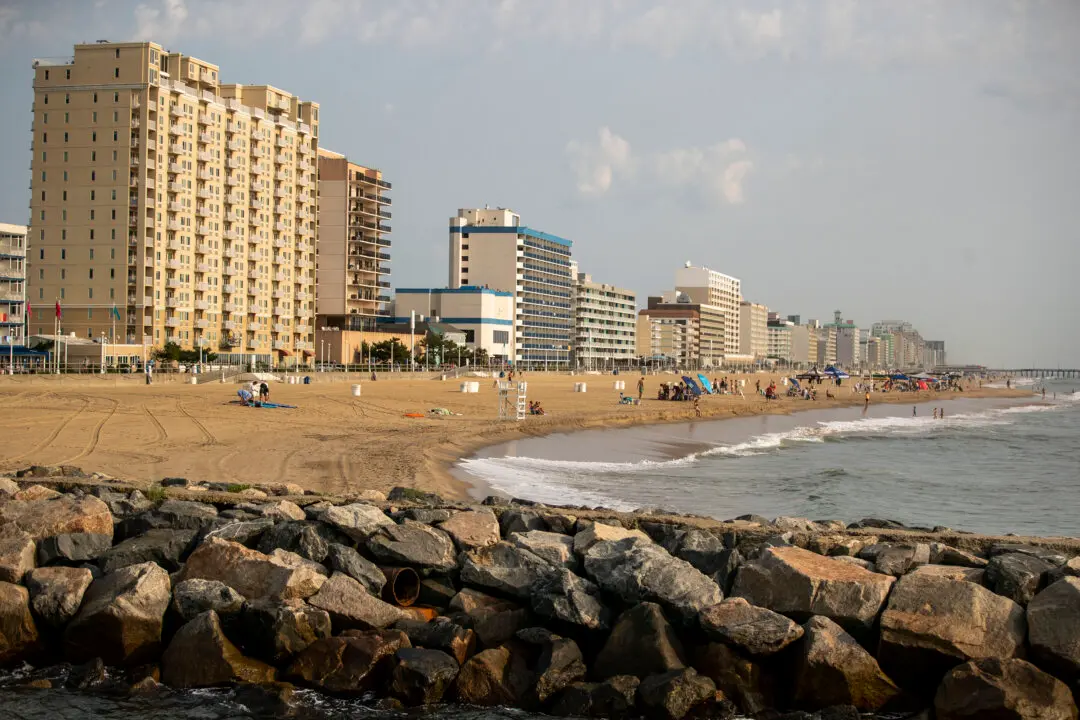If you’re not ready to move in retirement but are weary of shoveling snow in the winter, renting or buying a home in a warm-weather state could offer the best of both worlds. You can keep your longtime home near family and friends and spend the cold-weather months in a sunny destination that offers year-round pickleball.
More than 1 million people spend part of the year in Florida, and many of them are retirees. The Carolinas, Georgia, and Alabama have also become popular destinations for snowbirds.
But before you join the flock of snowbirds, consider:
Buying Versus Renting
Renting will help you determine whether a community is a good fit before you decide to purchase a condo or house. Kevin McLoughlin, a certified financial planner in Sterling, Virginia, says he encourages clients who are thinking about buying a second home in a warmer climate to spend one winter renting.
“Sunshine is a plus, but you’ve also got to create a sense of meaning if you’re going to stay for a month or two,” says Heather Gibson, a professor of leisure, tourism and sport at the University of Florida.
Owning two homes can be expensive, even if you’ve paid off the mortgage on your primary residence and can afford to pay cash for your second home. The cost of homeowners insurance has skyrocketed in many coastal communities, and insurers typically charge higher premiums for second homes; because second homes are usually vacant part of the year, they’re at greater risk for insurance claims. You’ll also have to pay property taxes, which may be higher than taxes in your home state. Maintenance and utilities add to the cost, too. Renting will help you get an estimate of the costs of owning two homes.






